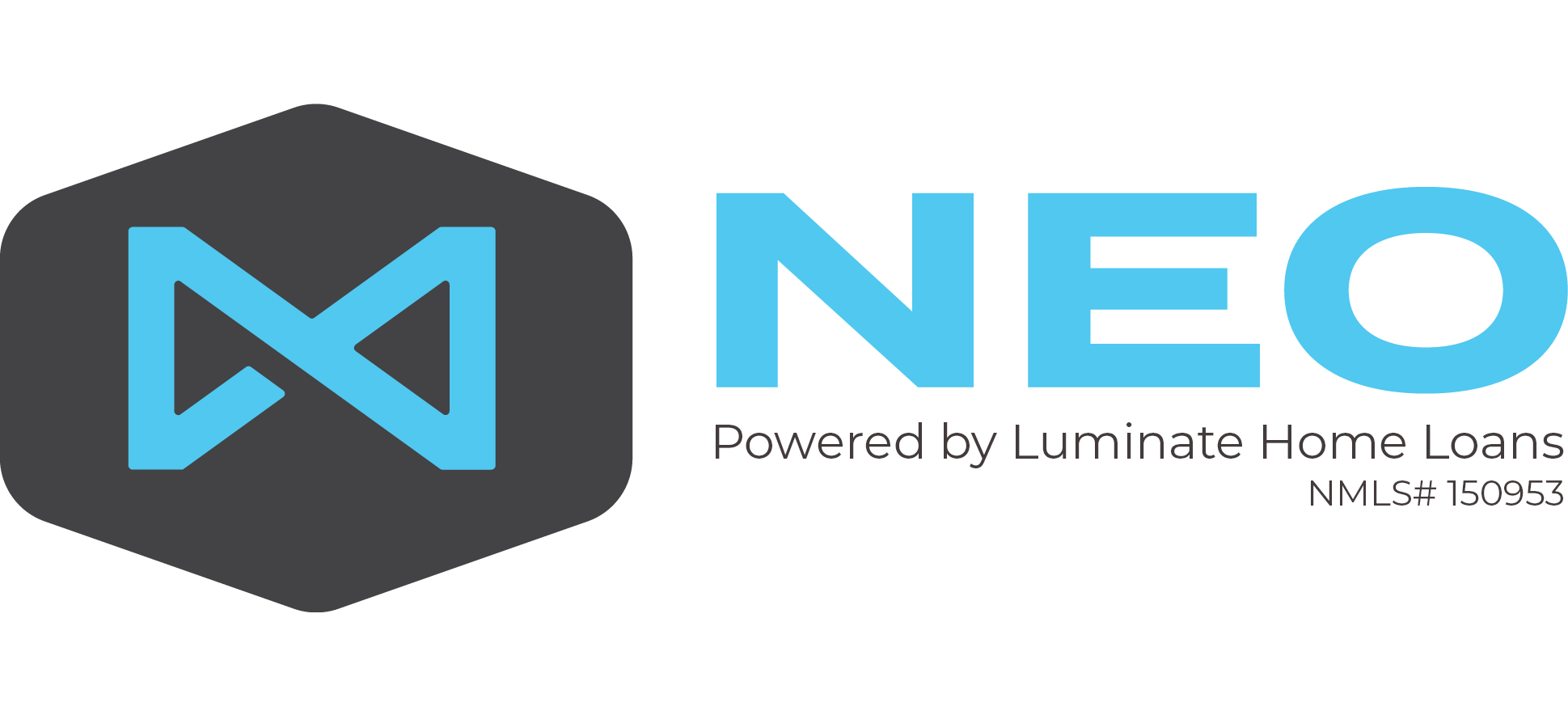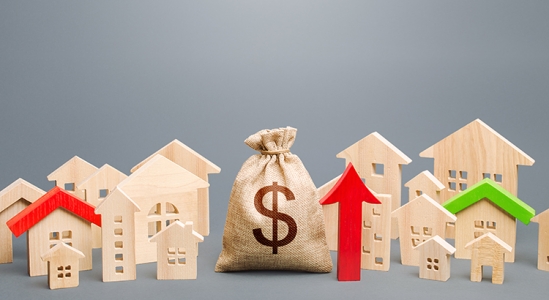Every year like clockwork (around Mar – June) I start to get phone calls and emails asking the question, “Why is my fixed mortgage payment going up?!”
Maybe you are wondering the same thing. Many believe that a fixed mortgage refers to the payment but that is not 100% accurate. Fixed refers to the interest rate, not the payment. Well, if the rate is fixed wouldn’t the payment be fixed too? You would think so but…
Principal & Interest
Principal and Interest refers to the amount being paid to repay your loan and the interest required to be paid. The combined amounts of both principal and interest will remain fixed for the entire term of your mortgage if you have a fixed rate mortgage such as a 30 year or 15 year fixed.
The amount that is being applied towards principal increases each month while the amount being applied towards interest decreases each month based on the amortization schedule. Here is the first 12 months of a 30 year fixed mortgage at a rate of 4% so you can see how that works:
| Month | Principal Payment | Interest Payment |
|---|---|---|
| 1 | $288.16 | $666.67 |
| 2 | $289.12 | $665.71 |
| 3 | $290.09 | $664.74 |
| 4 | $291.06 | $663.78 |
| 5 | $292.03 | $662.81 |
| 6 | $293.00 | $661.83 |
| 7 | $293.98 | $660.86 |
| 8 | $294.96 | $659.88 |
| 9 | $295.94 | $658.89 |
| 10 | $296.93 | $657.91 |
| 11 | $297.91 | $656.92 |
| 12 | $298.91 | $655.92 |
Each line, if you add up the principal and interest together come to a total of $954.83 which always remains the same. As you can see the principal is increasing, slightly, each month while the interest is decreasing.
Property Taxes
Have you heard of PITI? Well, the “T” in that acronym is Taxes. Taxes refer to the property taxes owed on the real estate owned. Your mortgage company normally collects taxes on your behalf and then pays it when the tax bill comes due. If you were given the option and opted to waive escrows then the taxes would be paid by you directly to your county.
Property taxes are paid in arrears meaning that you pay for 2016 property taxes in 2017. The mortgage company figures out how much will be due the next year and collects 1/12 of that amount each month in your monthly mortgage payment. Then when the tax bill comes due your mortgage company pays this on your behalf.
Can you guess what taxes do over time? Yep…they go up, most of the time. Taxes are normally a percentage of the value of your home. For the most part taxes seem to increase and, hopefully, so does the value of your home. So if both the tax rate and the value of your home is going up your taxes will increase. Even if taxes stay at the same rate your taxes will be going up because the value of your home is increasing. In a twisted sort of way you kind of hope that your taxes increase because if they go up that means that your property value is probably going up too.
Based on this your monthly mortgage payment is likely to go up…even on a fixed rate mortgage because the taxes are included in the monthly payment and are most likely to go up over time.
Insurance
The second “I” in PITI. I stands for Insurance. Home Owners Insurance or Hazard Insurance. Insurance covers your home in the case theft, damage, etc. to your home or the items included in your home. Each insurance policy is different on what it covers due to so many available options, inclusions and exclusions. To be 100% on what your insurance covers be sure to discuss with your insurance agent.
Insurance is one part of your payment that you get to select the vendor you work with. Sure, the mortgage company will have certain requirements on how the insurance policy is set up. And your mortgage company must be listed as an additional insured. But, you get to select the company you want to work with. You get to select the additional coverages you might want to have. You are not stuck with the company you select at the time of closing either. You can change at any time.
What do you think will happen with insurance cost? Bingo…likely it will increase. Why? Because of the rising cost of real estate, replacement cost, etc. Insurance covers the cost to rebuild or repair your home, right? So if the cost of building homes is going up then so is the cost to rebuild or repair. Insurance companies will appropriately adjust their rates to account for these increasing costs and pass that along to home owners like you and me.
Between your ability to select your own insurance company, choose your own coverages and deductibles, and the rising cost of insurance this portion of your payment will likely go up over time.
HOA
HOA or Home Owners Association is not technically part of your mortgage payment but it is related to housing so it sometimes gets bundled into the total payment. What does your HOA cover? Typically it covers some sort of common area maintenance, such as parks, pools, sidewalks, etc. In some cases the HOA covers a part of your home owners insurance policy.
Take a guess at what you think HOA costs will do over time. Right again…you are on a roll. They will go up. They will go up for the same reason taxes and insurance go up. Property values are increasing, cost or rebuilding or repairing the home is going up, and wages to pay maintenance workers is increasing. Your HOA payment is likely to go up over time, just like taxes and insurance will.
Not So Fixed Payment
Now you have a better idea of why your fixed rate mortgage payment is going up each year. Keep in mind that the reason your payment is going up is because of good things. Your wages are likely increasing which means other people’s wages are increasing (requiring you to pay those other people more). Your property value is increasing (which increases your taxes and insurance). Consider the big picture. Yes, your payment is going up but it is likely a good thing with all things considered.





